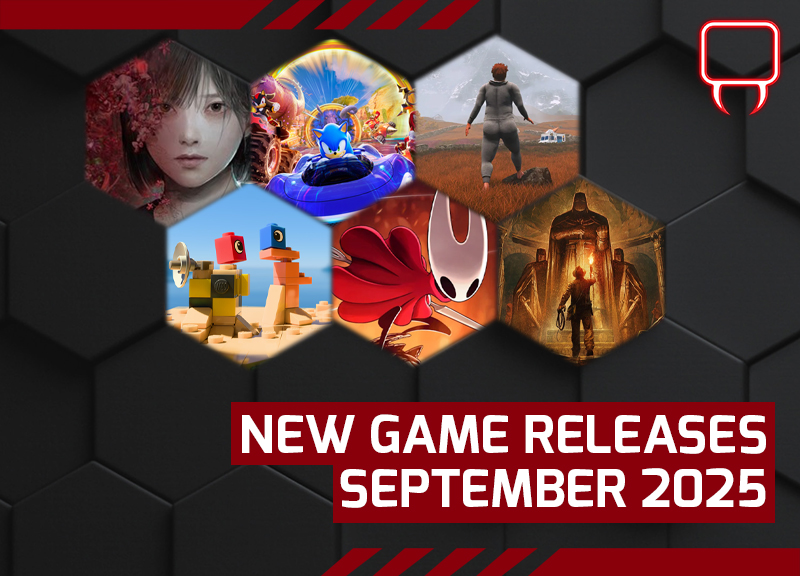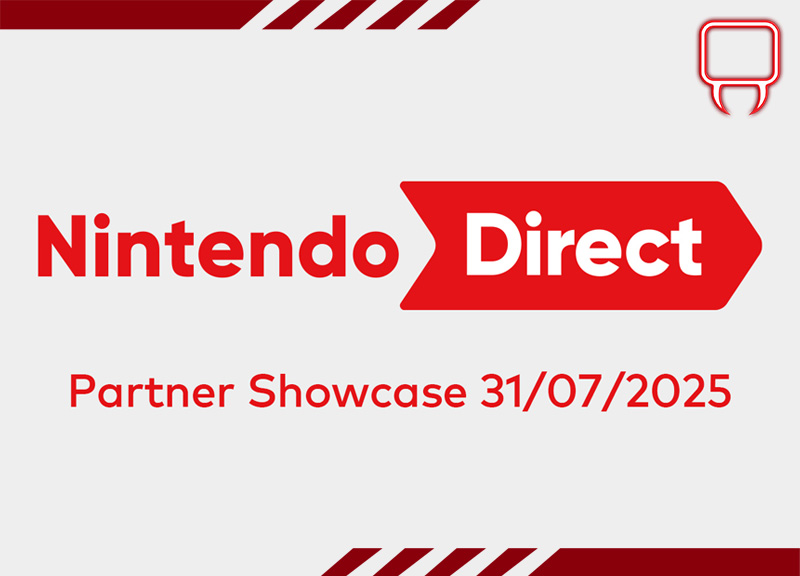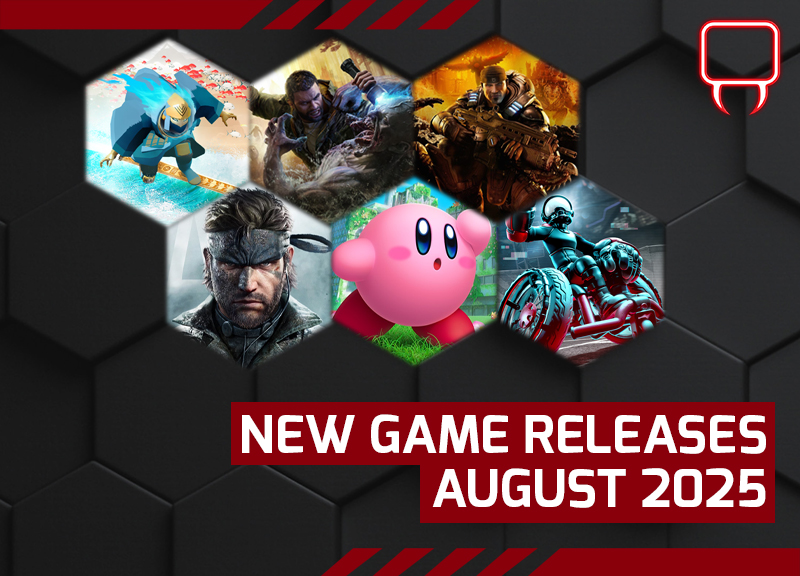Dementia Action Week is Alzheimer’s Society’s longest running awareness campaign, encouraging people to act on dementia.
This year’s campaign takes place from the 16th - 22nd May, and the theme is diagnosis. Research shows that the misconception and misunderstanding around memory loss as a normal sign of ageing is the biggest barrier to people seeking and receiving a dementia diagnosis.
Diagnosis rates are at a five-year low, so Dementia Action Week’s aim is to encourage those who might be living with undiagnosed dementia to step forward for guidance and support.

Why we’re using gaming to raise awareness of dementia
You might be wondering why we’re taking a break from our normal blogs to talk about dementia. Well, like Alzheimer’s Society, we take pride in empowering people – for us, it’s gamers – and it turns out that gaming and dementia aren’t so far apart.
With diagnosis rates dropping, we need to think differently about dementia. One way we can do that and play our part is through the power of gaming. And it’s not just an excuse to pick up our consoles, it’s all backed up by scientific research.
How virtual reality gaming can improve memory functions
Scientists at UC San Francisco’s Neuroscape brain research centre have been working on a virtual reality video game that improves memory in healthy, older adults. Their research suggests that players over the age of 60 saw an improvement in their high fidelity memory – that’s the ability to tell new objects apart from similar ones viewed before.
Other research published in Behavioural Brain Research suggests that 30-45 minutes of daily gaming could help improve cognition and memory functions for gamers in the 60-80 age group. This was found after experiments were conducted where the age group spent 30 minutes a day interacting with games like Super Mario World.

Using gaming to create awareness and promote positive change
Alzheimer’s Research UK have invested their efforts into gaming to promote positive change and raise awareness over the years. They’ve put on sponsored game-a-thons, and worked with gaming icons for fundraising. But they’re also using video games as a way of conducting vital research without the costs.
Working with Deutsche Telecom and Glitchers, Alzheimer’s ResearchUK co-created mobile game Sea Hero Quest. The game – which tasked players with recovering the memories their father’s lost to dementia – provided scientists with data that would’ve taken traditional research 176 centuries to collect on navigation, one of the first skills lost in dementia sufferers.

Working with Google, they’ve developed A Walk Through Dementia. The VR experience puts you in the shoes of someone living with dementia, familiarising you with the symptoms sufferers face. The app is a great tool for understanding all the different symptoms, to help yourself or someone you love get the help and support they might not know they need.
If you want to spend some time understanding dementia more, we’ve dug out a few games for you to play through that fit the bill. Simply grab your gaming accessories and get playing.
Before I Forget
Developed by Alzheimer’s Research UK and 3-Fold Games to raise awareness of dementia with a percentage of sales going towards the charity, Before I Forget is a narrative exploration game where you play as Sunita, a woman living with early onset dementia.
As you wander throughout rooms, you discover objects which each hold a fleeting or fragmented memory. You’ll examine photographs and postcards to uncover Sunita’s past, piecing together her life story.

Ether One
First-person adventure game Ether One deals with the fragility of the human mind, challenging players to complete complex puzzles to restore life changing events of the patient’s history in order to help the validation of their life. The patient in question is Jean Thompson, a 69-year old woman diagnosed with dementia.
It’s depiction of dementia has been praised for educating players about the condition, and for it’s effective simulation of decreasing cognitive skills during dementia. If you ever enjoyed EternalSunshine of the Spotless Mind, you’ll enjoy this reverse approach.

What else can we do?
Continue to educate yourself on dementia and its symptoms. Stay in touch with your loved ones and keep an eye out for anything that matches up. And if it helps, don’t forget to keep gaming. We can help all PlayStation, Nintendo, and Xbox gamers with that one.
Get involved - Share this article

Our Guide To Gaming Over The Holidays This Christmas 2022
Find out what to play during the Holiday Season this Christmas with Venom Gaming's latest gaming guide!
Read more
























